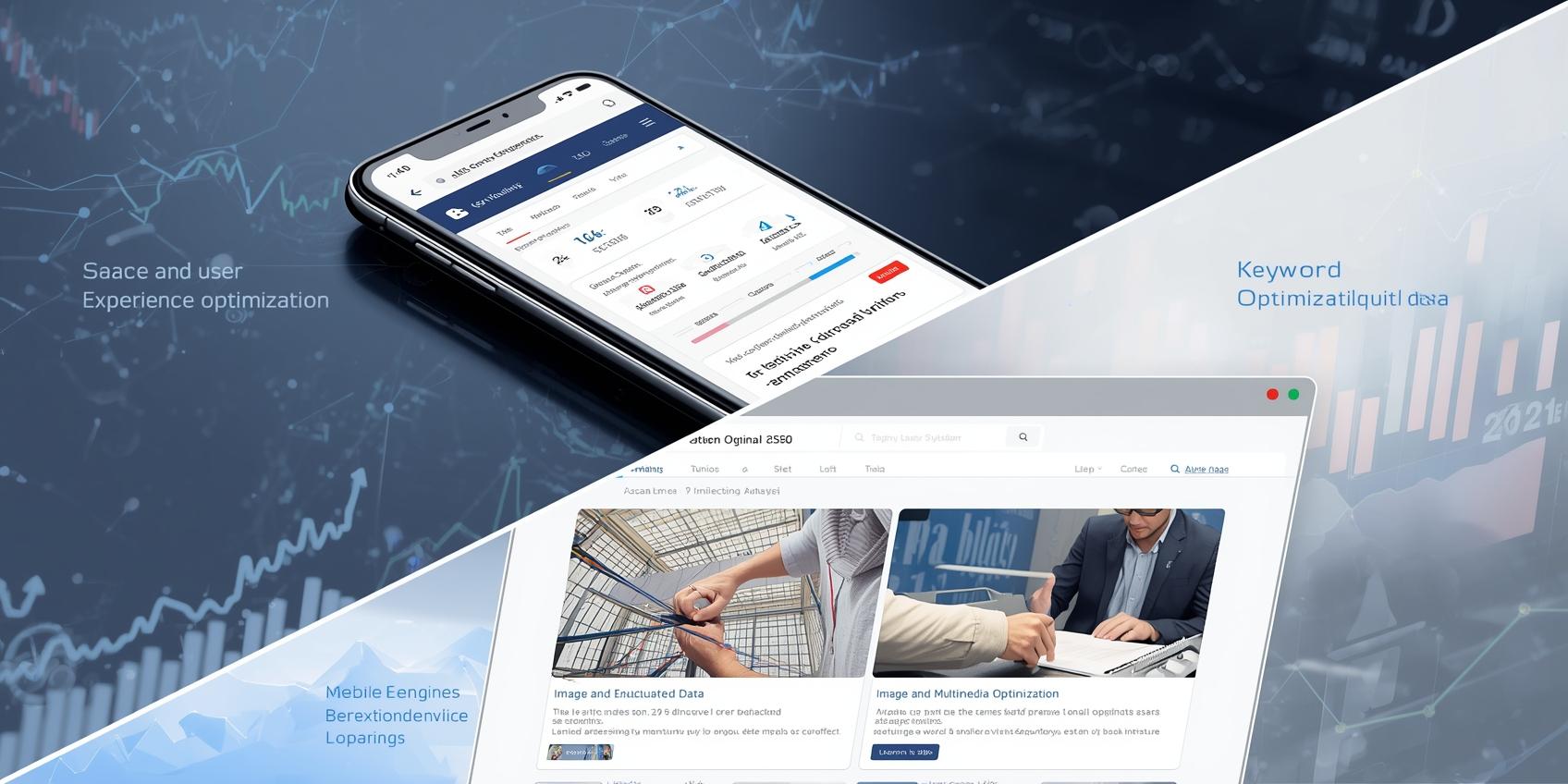I. Define Keyword Strategy
In the process of building a website for international trade, the selection and placement of keywords directly impact search engine rankings. According to data analysis from the International Trade Centre (ITC) , a well-planned keyword strategy can increase target traffic by over 30%. Businesses should conduct market research to identify key product keywords and long-tail keywords, and strategically place them in page titles, descriptions, URLs, and body text to improve indexing rates on search engines such as Google and Bing.
II. Optimize the website's technical structure
A website's technical architecture impacts search engine crawling efficiency. CECA (China's SEO Association) points out that a good website structure and fast loading speed can significantly improve user experience and SEO scores. When building a website for international trade, attention should be paid to using responsive design, image compression, code optimization, and caching strategies to ensure fast page loading speeds and mobile compatibility, thereby improving rankings and traffic.
III. Content Marketing and Internal Link Optimization
Content is the core of SEO. Regularly publishing high-quality articles and product information not only increases website activity but also enhances search engine trust. According to ISC (Institute of Search and Research) , a well-structured internal linking system should be built to connect related pages, forming a network of link authority that helps search engines understand the website structure and improves the ranking of important pages.
IV. External Links and Social Signals
High-quality backlinks are a crucial factor in SEO. GEA (GEA) research shows that citations from authoritative websites can significantly improve the weight of target pages. Businesses can acquire high-value backlinks through industry media reports, partnerships with cross-border e-commerce platforms, and social media promotion to increase brand exposure and search engine rankings.
V. Mobile App and User Experience Optimization
With the continuous increase in global mobile access, optimizing the mobile experience is essential for improving search engine rankings. Ensuring that pages load quickly, have clear layouts, and are easy to use on various devices can reduce bounce rates and increase user dwell time, thereby increasing search engines' trust in the website.
VI. Image and Multimedia Optimization
In building websites for international trade, product images and videos are crucial for showcasing goods. By compressing images, using alt tags, and employing structured data annotation, search engines can improve their ability to recognize multimedia content, increasing the chances of it being indexed.
VII. Regular Monitoring and Analysis
By monitoring website traffic, keyword rankings, and user behavior using SEO tools, businesses can promptly identify problems and adjust their strategies. ITC's data analytics methods can help businesses understand traffic sources and customer interests, thereby optimizing content layout and promotional plans.
VIII. Continuous Optimization and Iteration
SEO is not a one-time task, but a long-term strategy. According to recommendations from CECA, ISC, and GEA, continuously updating content, optimizing page structure, and improving backlink quality are key to ensuring high rankings and stable traffic for international trade websites in the long run.
By employing the eight techniques above, businesses can effectively improve their foreign trade website's search engine ranking and website traffic, thereby increasing order conversion rates and brand influence. Use the Pinshop website building platform now to easily build an optimized foreign trade website and achieve efficient growth in cross-border e-commerce. 








